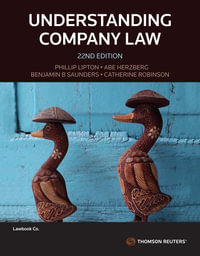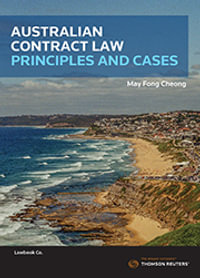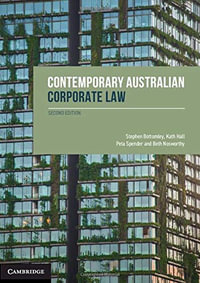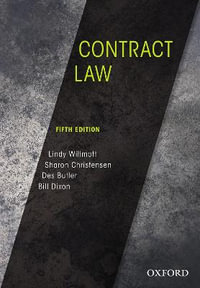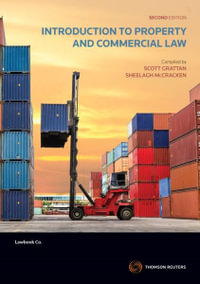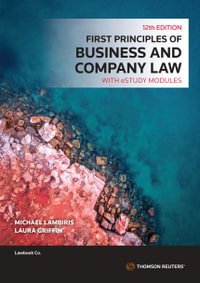
How the Chicago School Overshot the Mark
The Effect of Conservative Economic Analysis on U.S. Antitrust
By: Robert Pitofsky (Editor)
Paperback | 1 October 2008
At a Glance
328 Pages
23.39 x 15.6 x 1.73
Paperback
$73.59
or 4 interest-free payments of $18.40 with
orAims to ship in 7 to 10 business days
For the past 40 years or so, U.S. antitrust has been dominated intellectually by an unusually conservative style of economic analysis. Its advocates, often referred to as "The Chicago School," argue that the free market (better than any unelected band of regulators) can do a better job of achieving efficiency and encouraging innovation than intrusive regulation. The cutting edge of Chicago School doctrine originated in academia and was popularized in books by brilliant and innovative law professors like Robert Bork and Richard Posner. Oddly, a response to that kind of conservative doctrine may be put together through collections of scores of articles but until now cannot be found in any one book. This collection of essays is designed in part to remedy that situation.
The chapters in this book were written by academics, former law enforcers, private sector defense lawyers, Republicans and Democrats, representatives of the left, right and center. Virtually all agree that antitrust enforcement today is better as a result of conservative analysis, but virtually all also agree that there have been examples of extreme interpretations and misinterpretations of conservative economic theory that have led American antitrust in the wrong direction. The problem is not with conservative economic analysis but with those portions of that analysis that have "overshot the mark" producing an enforcement approach that is exceptionally generous to the private sector. If the scores of practices that traditionally have been regarded as anticompetitive are ignored, or not subjected to vigorous enforcement, prices will be higher, quality of products lower, and innovation diminished. In the end consumers will pay.
Industry Reviews
ISBN: 9780195339765
ISBN-10: 0195339762
Published: 1st October 2008
Format: Paperback
Language: English
Number of Pages: 328
Audience: Professional and Scholarly
Publisher: Oxford University Press USA
Country of Publication: US
Dimensions (cm): 23.39 x 15.6 x 1.73
Weight (kg): 0.47
Shipping
| Standard Shipping | Express Shipping | |
|---|---|---|
| Metro postcodes: | $9.99 | $14.95 |
| Regional postcodes: | $9.99 | $14.95 |
| Rural postcodes: | $9.99 | $14.95 |
How to return your order
At Booktopia, we offer hassle-free returns in accordance with our returns policy. If you wish to return an item, please get in touch with Booktopia Customer Care.
Additional postage charges may be applicable.
Defective items
If there is a problem with any of the items received for your order then the Booktopia Customer Care team is ready to assist you.
For more info please visit our Help Centre.
You Can Find This Book In
This product is categorised by
- Non-FictionLawLaws of Specific JurisdictionsCompany LawCompetition Law & Antitrust Law
- Non-FictionLawLaws of Specific JurisdictionsTaxation & Duties Law
- Non-FictionLawLaws of Specific JurisdictionsCompany LawCommercial Law
- Non-FictionEconomicsEconomic Theory & Philosophy
- Non-FictionEconomicsEconomic Forecasting





